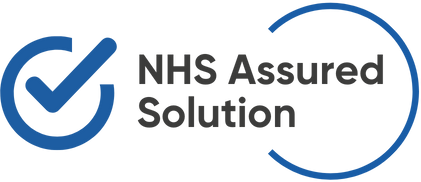
The benefits of Electronic Call Monitoring (ECM) for home care businesses What is Electronic Call Monitoring? (ECM) Electronic Call Monitoring or ECM refers to a system that lets home care businesses record the times, locations, and activities of remote employees electronically – providing assurance that care visits were attended, evidence of compliance, and helping keep employees… Read more »









